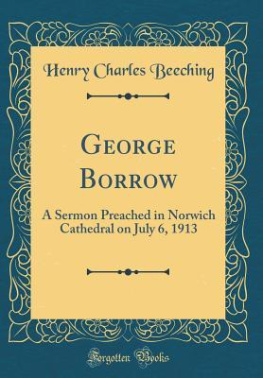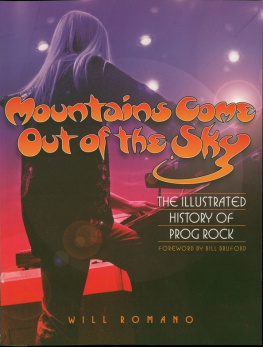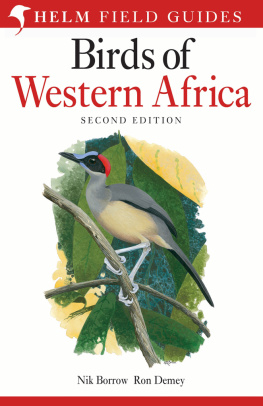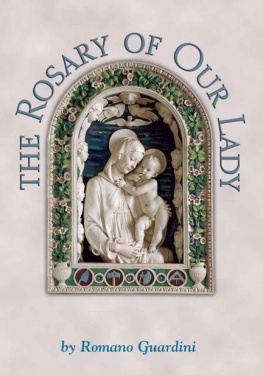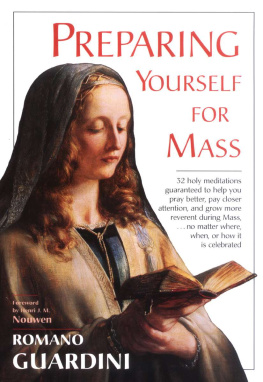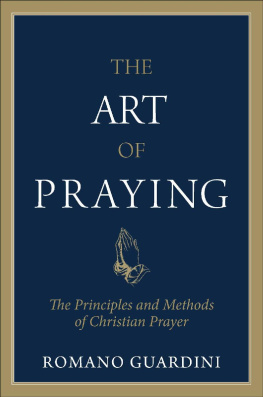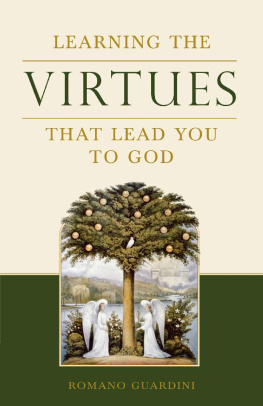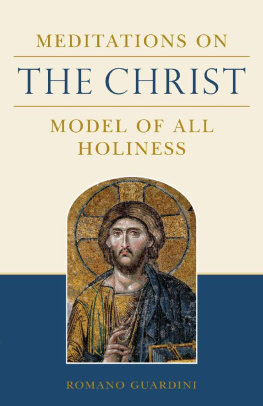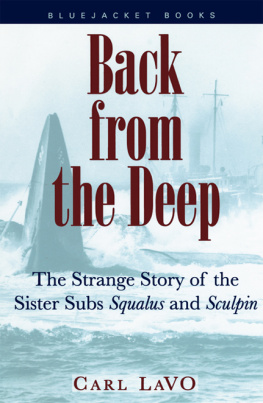George Borrow - Romano Lavo-Lil
Here you can read online George Borrow - Romano Lavo-Lil full text of the book (entire story) in english for free. Download pdf and epub, get meaning, cover and reviews about this ebook. year: 2019, publisher: BoD – Books on Demand, genre: Detective and thriller. Description of the work, (preface) as well as reviews are available. Best literature library LitArk.com created for fans of good reading and offers a wide selection of genres:
Romance novel
Science fiction
Adventure
Detective
Science
History
Home and family
Prose
Art
Politics
Computer
Non-fiction
Religion
Business
Children
Humor
Choose a favorite category and find really read worthwhile books. Enjoy immersion in the world of imagination, feel the emotions of the characters or learn something new for yourself, make an fascinating discovery.

- Book:Romano Lavo-Lil
- Author:
- Publisher:BoD – Books on Demand
- Genre:
- Year:2019
- Rating:5 / 5
- Favourites:Add to favourites
- Your mark:
- 100
- 1
- 2
- 3
- 4
- 5
Romano Lavo-Lil: summary, description and annotation
We offer to read an annotation, description, summary or preface (depends on what the author of the book "Romano Lavo-Lil" wrote himself). If you haven't found the necessary information about the book — write in the comments, we will try to find it.
Romano Lavo-Lil — read online for free the complete book (whole text) full work
Below is the text of the book, divided by pages. System saving the place of the last page read, allows you to conveniently read the book "Romano Lavo-Lil" online for free, without having to search again every time where you left off. Put a bookmark, and you can go to the page where you finished reading at any time.
Font size:
Interval:
Bookmark:

Can you play the bosh?
Can you jal adrey the staripen?
Can you chin the cost?
Can you play the fiddle?
Can you eat the prison-loaf?
Can you cut and whittle?
OR, ENGLISH GYPSY LANGUAGE
WITH SPECIMENS OF GYPSY POETRY, AND AN
ACCOUNT OF CERTAIN GYPSYRIES OR
PLACES INHABITED BY THEM, AND
OF VARIOUS THINGS RELATING TO
GYPSY LIFE IN ENGLAND
JOHN MURRAY, ALBEMARLE STREET, W.
1905
HAZELL, WATSON AND VINEY, LD.,
LONDON AND AYLESBURY.
PAGE |
The English Gypsy Language |
Romano Lavo-Lil : Word-Book of the Romany |
Rhymed List of Gypsy Verbs |
Betie Rokrapenes : Little Sayings |
Cotorres of Mi-Dibbles Lil chivd adrey Romanes : Pieces of Scripture cast into Romany |
The Lords Prayer in the Gypsy Dialect of Transylvania |
Lil of Romano Jinnypen : Book of the Wisdom of the Egyptians |
Romane Navior of Temes and Gavior : Gypsy Names of Countries and Towns |
Thomas Rossar-mescro, or Thomas Herne |
Kokkodus Artarus |
Mang, Prala : Beg on, Brother |
English Gypsy Songs : |
Welling Kattaney : The Gypsy Meeting |
Lelling Cappi : Making a Fortune |
The Dui Chalor : The Two Gypsies |
Miro Romany Chi : My Roman Lass |
Ava , Chi : Yes , my Girl |
The Temeskoe Rye : The Youthful Earl |
Camo-Gillie : Love-Song |
Tugnis Amande : Woe is me |
The Rye and the Rawne : The Squire and Lady |
Romany Suttur Gillie : Gypsy Lullaby |
Sharrafi Kralyissa : Our Blessed Queen |
Plastra Lesti : Run for it ! |
Foreign Gypsy Songs : |
The Romany Songstress |
LErajai : The Frair |
Malbrun : Malbrouk |
The English Gypsies : |
Tugney Beshor : Sorrowful Years |
Their History |
Gypsy Names |
Fortune-Telling |
The Hukni |
Cauring |
Metropolitan Gypsyries : |
Wandsworth |
The Potteries |
The Mount |
Ryley Bosvil |
Kirk Yetholm |
Font size:
Interval:
Bookmark:
Similar books «Romano Lavo-Lil»
Look at similar books to Romano Lavo-Lil. We have selected literature similar in name and meaning in the hope of providing readers with more options to find new, interesting, not yet read works.
Discussion, reviews of the book Romano Lavo-Lil and just readers' own opinions. Leave your comments, write what you think about the work, its meaning or the main characters. Specify what exactly you liked and what you didn't like, and why you think so.


